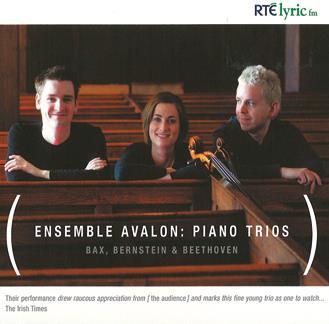
THE STRAD RECOMMENDS
The Strad Issue: January 2009
Musicians: Ensemble Avalon
Composer: Bax, Bernstein, Beethoven
Rarely has Bax’s deeply personal, post-Romantic idiom been captured with such ravishing sensitivity as by this remarkable Irish ensemble. Composed in the mid-1940s, the three-movement Piano Trio is not a work that gives up its secrets easily. The trick, as with the trios of Smetana and Arensky, is to retain an appropriate chamber scale no matter how richly imposing the textures become, with musical confidences exchanged and shared intimately. To hear these fine young musicians – violinist Ioana Petcu-Colan, cellist Gerald Peregrine and pianist Michael McHale – magically trace the central Adagio’s vein of tantalising nostalgia as though they are living and breathing every phrase has been one of the highlights of my listening year.
Whatever Bernstein’s reasons for keeping his early Piano Trio under wraps during his lifetime (he composed it when he was 19), had he heard the Ensemble Avalon’s ultra-responsive, stylistically assured playing, he would surely have changed his mind. Even though the central March lasts only three and a half minutes, its stop-go structural interfaces and prismatic direction-changes can easily pall, yet by subtly underplaying the music’s inherent whimsy the Irish team ensures that it seems not a note too long.
Even the most distinguished of ensembles have a tendency to emphasise the thrusting physicality of Beethoven’s ‘Ghost’ Trio, so it is particularly refreshing to discover an ensemble that is prepared to play this free-floating work with a Mendelssohnian grace and lightness of touch. There are few works by Beethoven whose outer movements are so irrepressibly optimistic, and the Avalon responds with sunlit playing of unquenchable optimism, gently cushioned by velvet-lined engineering.
JULIAN HAYLOCK


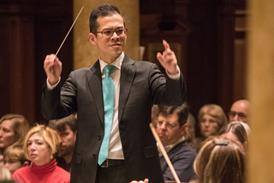
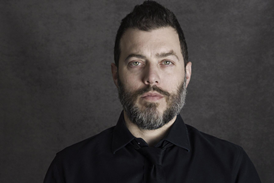

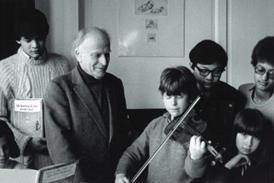




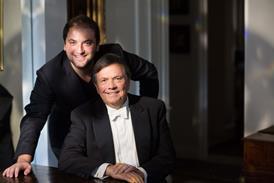
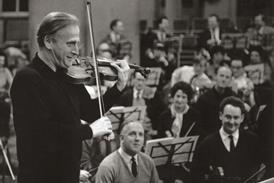
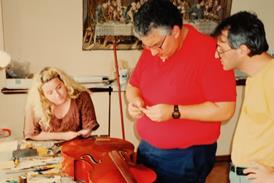













No comments yet